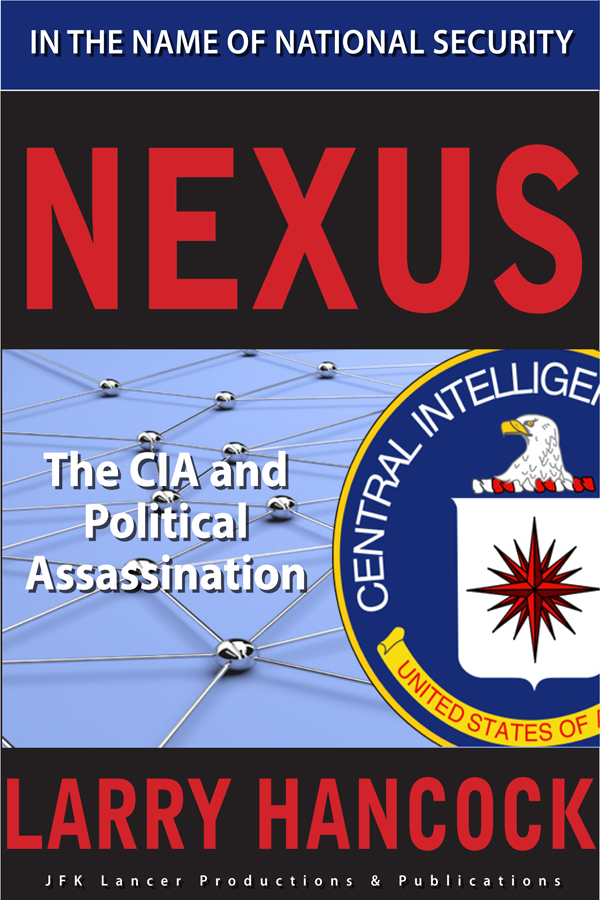Displaying items by tag: CIA
When Tony Summers Fell in Love with Patricia Lambert
Jim DiEugenio writes of how the author of what was a good book on the JFK case when it first came out has subsequently held less tenable views of both John Kennedy and his assassination, and how he blindly jettisons Garrison's achievements.
James DiEugenio, Reclaiming Parkland
Jim DiEugenio's second book on the JFK assassination, which takes Bugliosi's pretentious and inflated bag of obfuscation as its framework for dismantling the Warren Commission, the Clark Panel, and the HSCA, and for further revealing how beholden the film and TV industry has become to Washington in general and to the CIA in particular. A masterful dissection of a rotting corpse, and the rightful heir to Accessories after the Fact. [Al Rossi]
"Shoot Him Down": NBC, the CIA and Jim Garrison
Author William Davy writes about how NBC and the CIA worked in tandem to discredit JFK assassination investigator Jim Garrison.
H. P. Albarelli Jr., A Secret Order: Investigating the High Strangeness and Synchronicity in the JFK Assassination
[This] book is more about the CIA's nefarious and illegal operations, including the MK/ULTRA project. If you are interested in learning more about the shadowy world of the CIA, this is a good book. If you are interested in learning more about what happened to JFK and why he was assassinated, I believe there are many books out there that do a better job in answering your questions, writes Vasilios Vazakas.
Saint John Hunt, The Bonds of Secrecy
In the early days after the Rolling Stone article appeared, it appears that [Saint John] and his brother actually had a good deal of skepticism towards what their father had told him about the mechanics of the assassination. What happened to that skepticism? ... Hunt's personal story, with some good supplementary research about his father and mother, could have been politically interesting and personally compelling. But it didn't come out that way, concludes Seamus Coogan.
Mark Lane, Last Word: My Indictment Of The CIA In The Murder of JFK
By any standards, Lane's resume is impressive, and I have a great deal of respect for the man. So it is with heavy heart that I must say his latest and most likely his last book on the murder of JFK is—for me at least—a little disappointing, writes Martin Hay.
Larry Hancock, NEXUS
An interesting and worthwhile work. ... it has a unique approach to it, and Hancock’s analysis of the crime has sophistication, intelligence and nuance to it, writes Jim DiEugenio.
DiCaprio Buys Waldron – In More Ways Than One
Jim DiEugenio on the announcement that George and Leonardo DiCaprio intend to make a film based Legacy of Secrecy.
The Man Who Didn't Talk
An article by Jefferson Morley which presents some of the material on Winston Scott which reappeared in his book.
Ron Rosenbaum Fires the First Salvo, Part 2
Rosenbaum represents all that is wrong with the MSM on both Jim Angleton and the JFK case, writes Jim DiEugenio.
Copyright 2016-2022 by kennedysandking.com • All Rights Reserved



